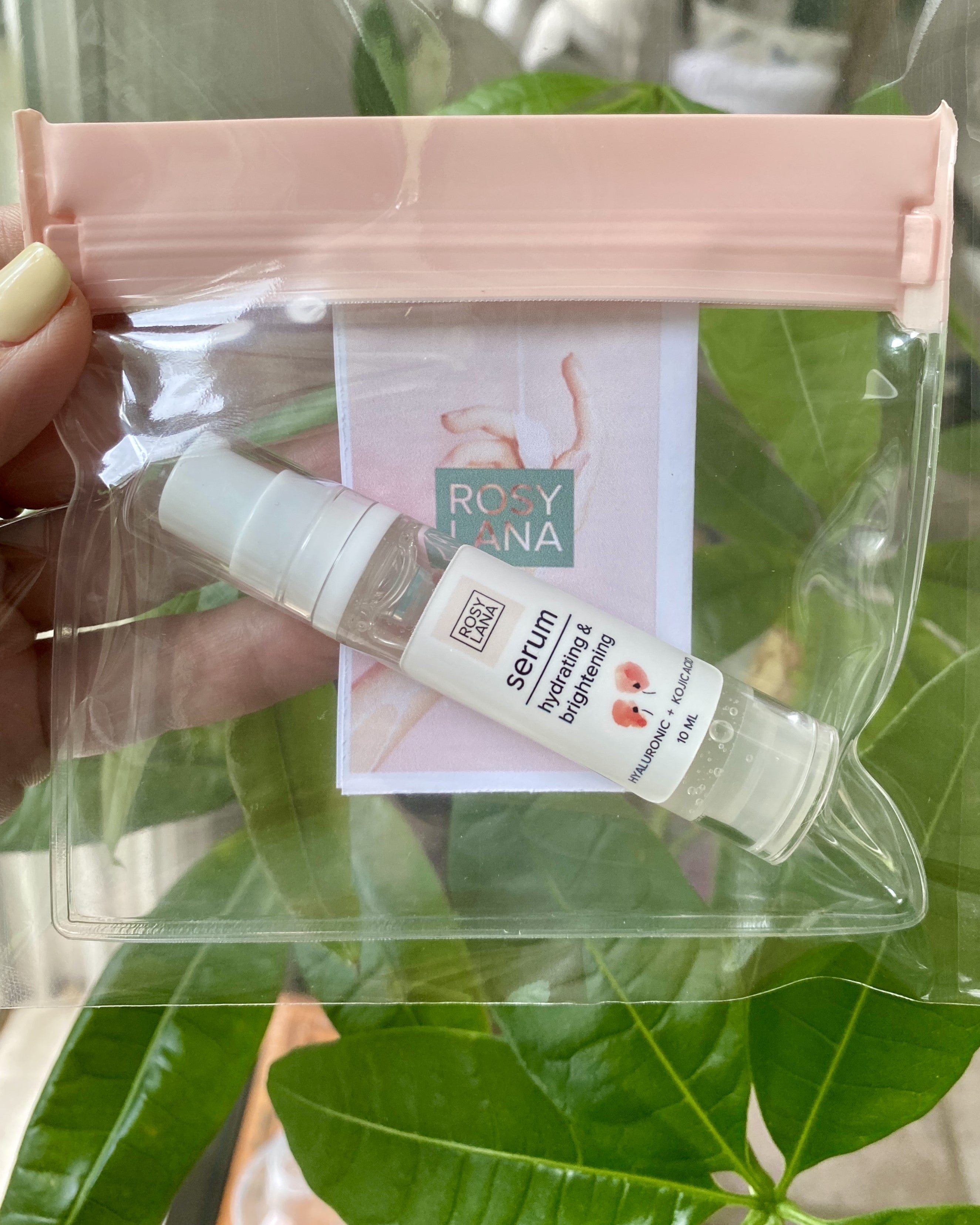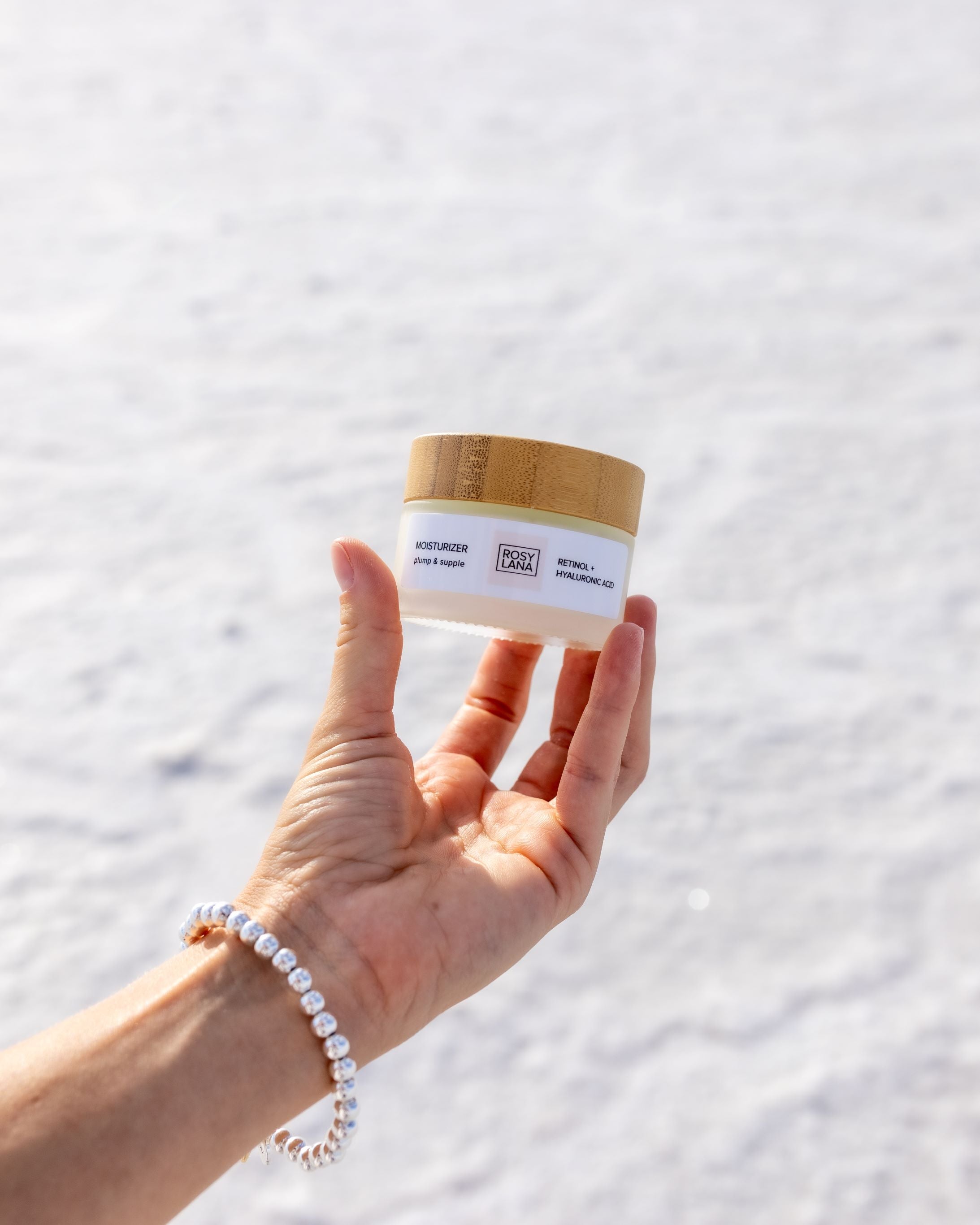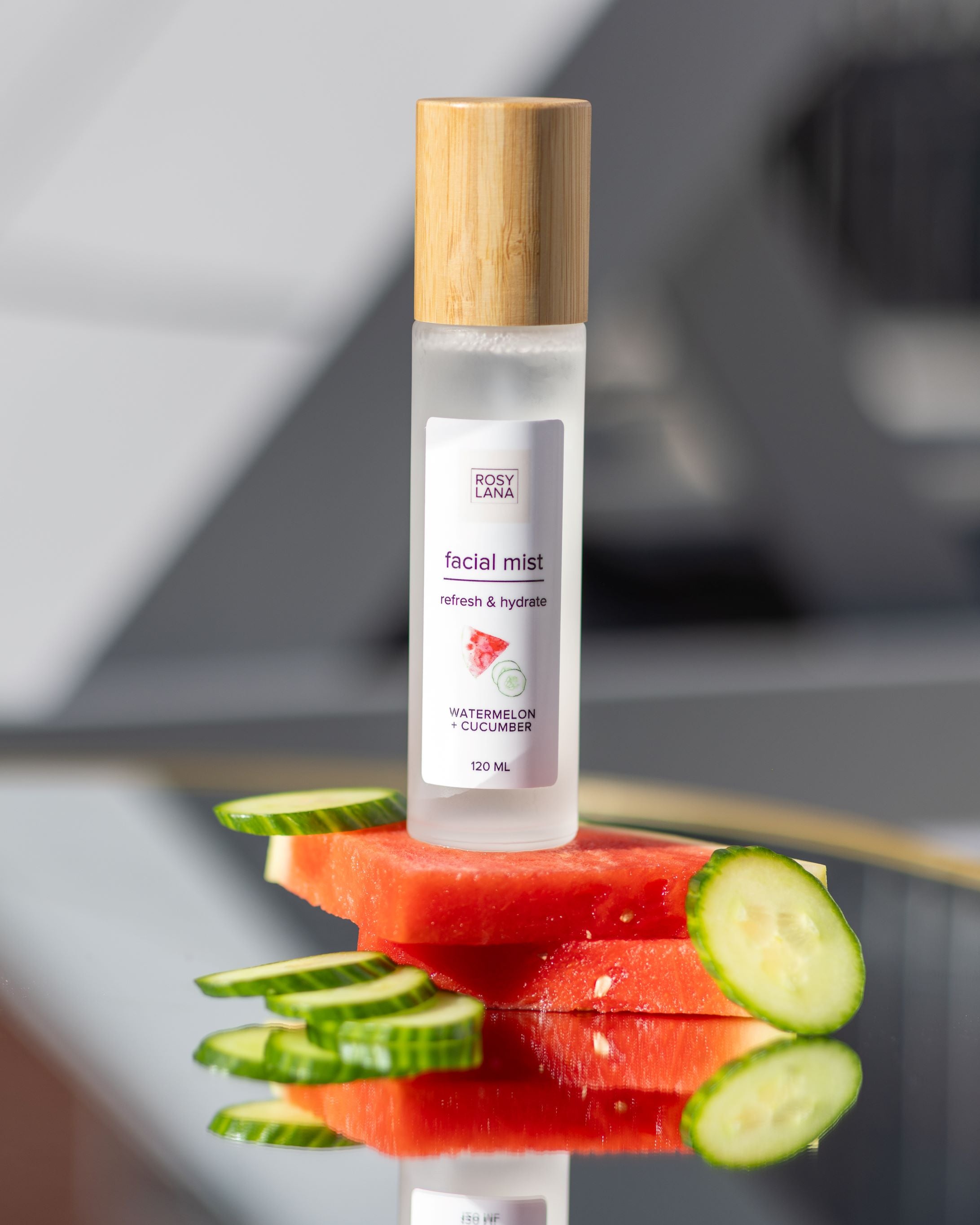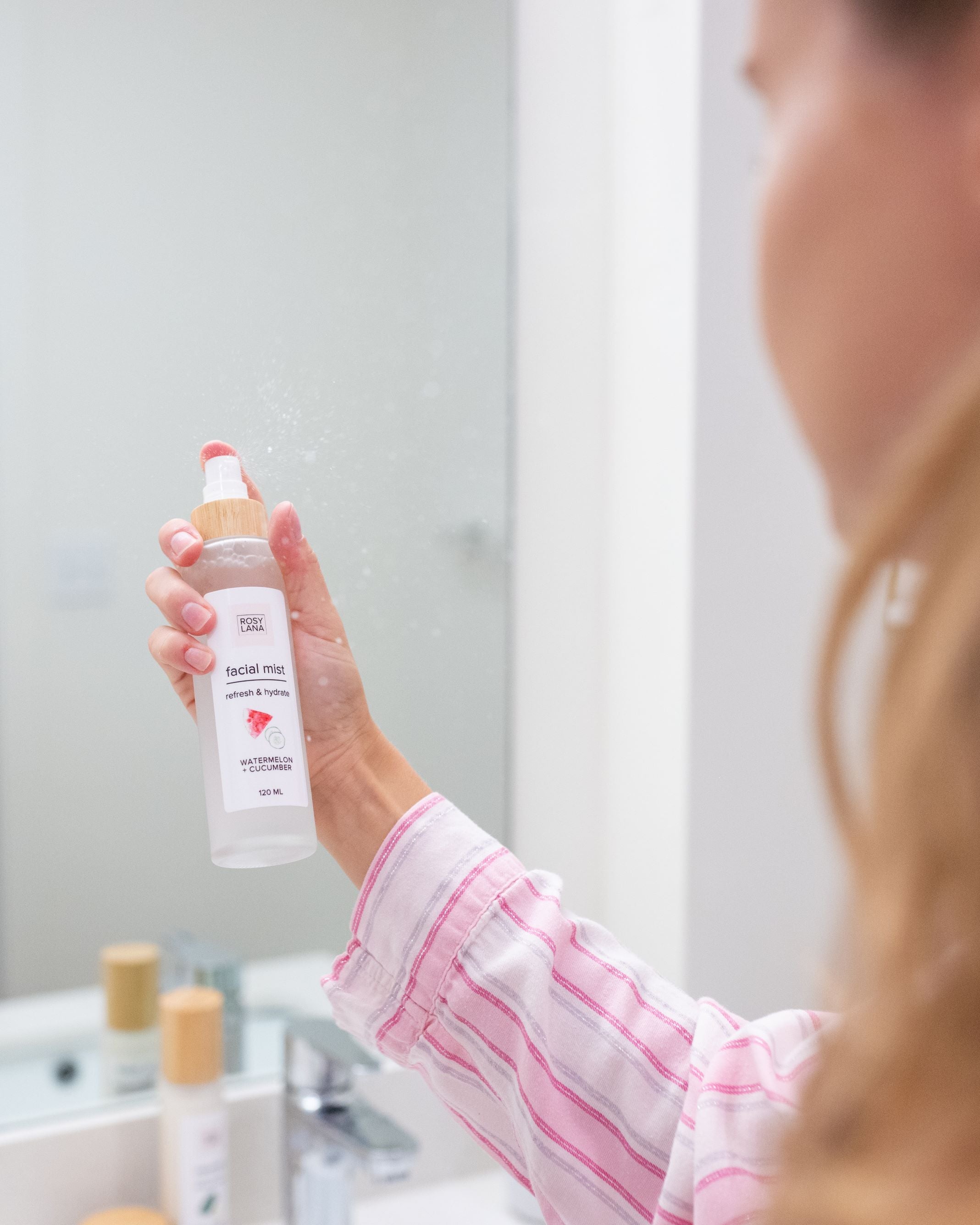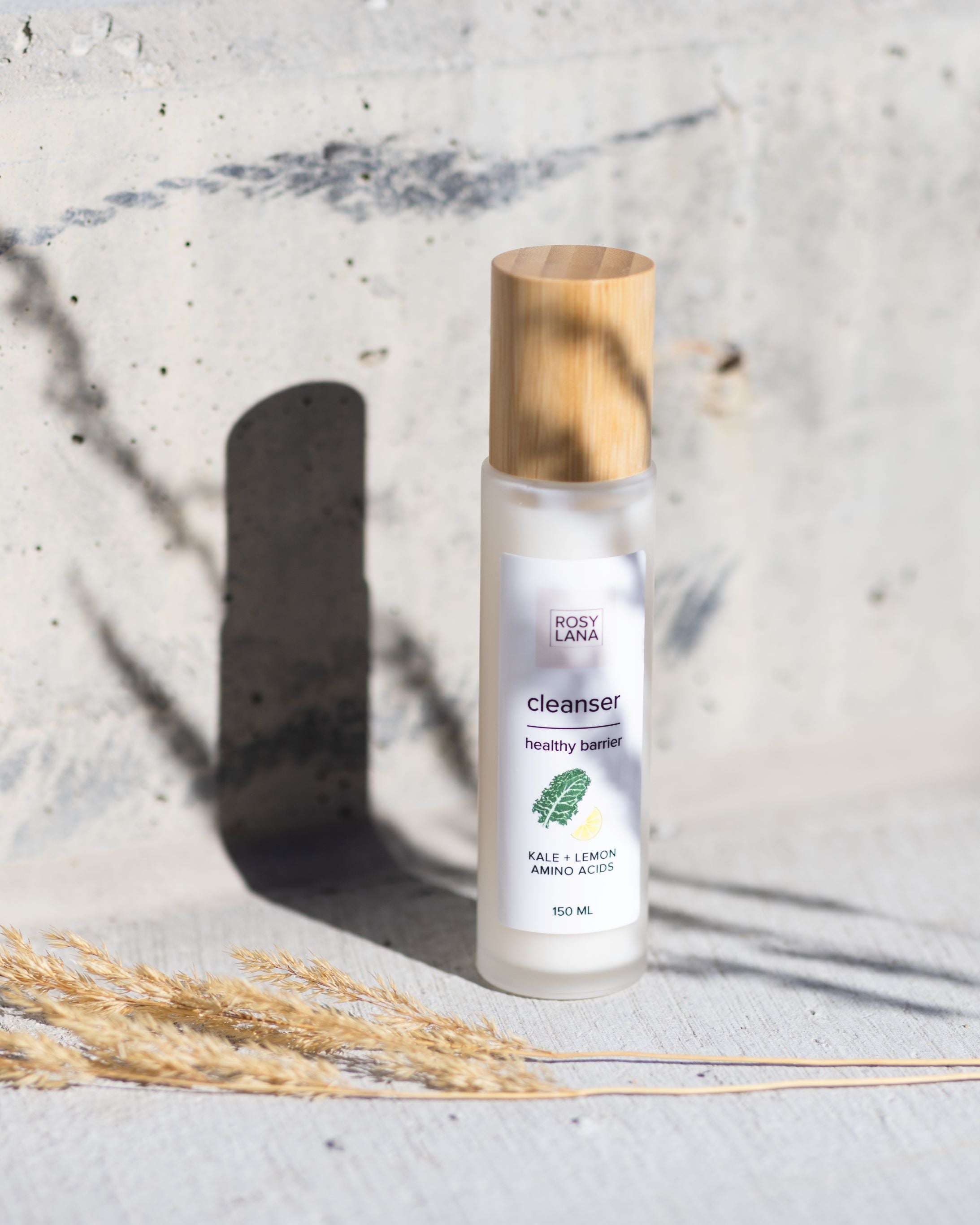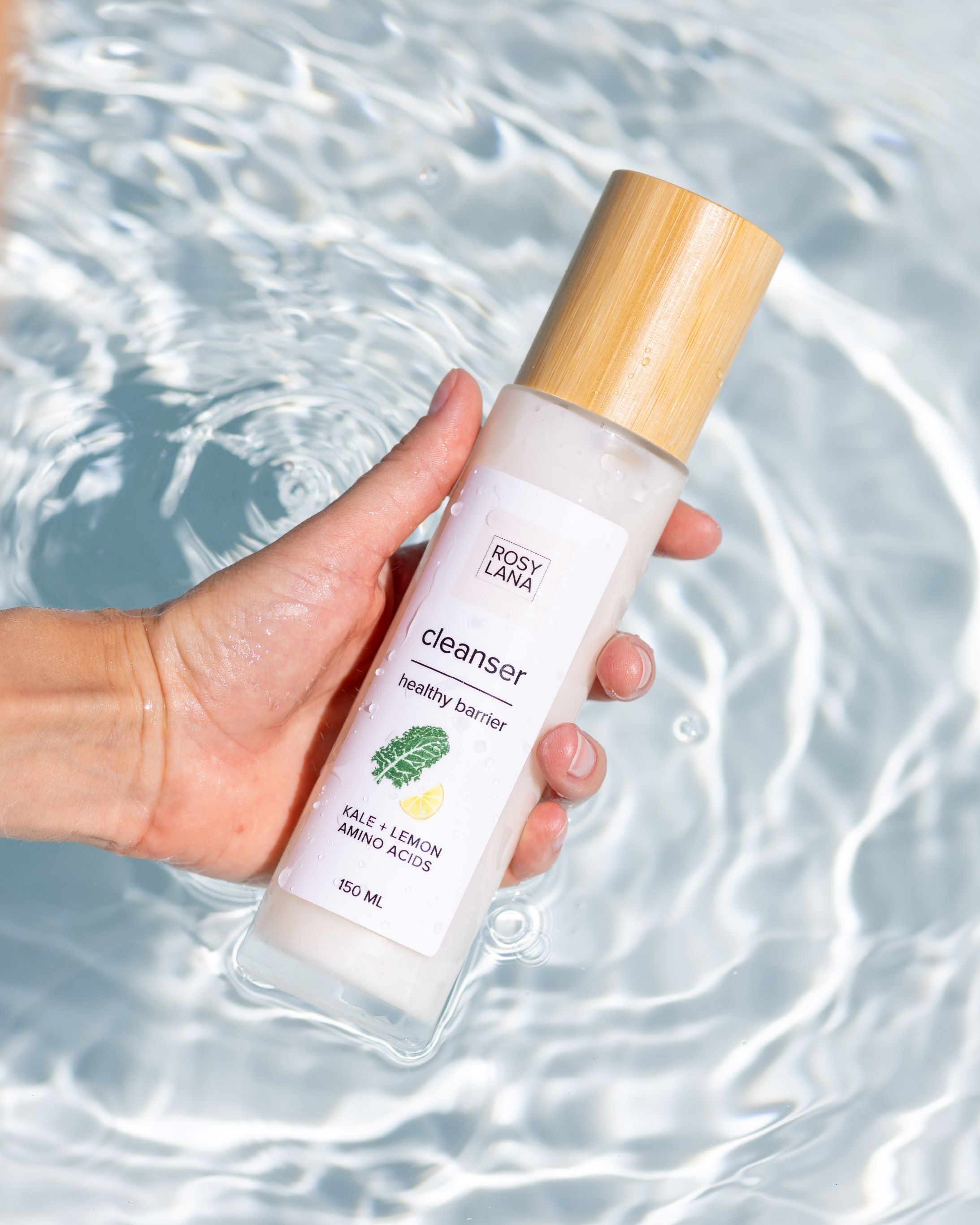Winter weather can be harsh on your skin, causing it to become dry, flaky, and irritated. Cold temperatures, low humidity, and indoor heating can all contribute to skin problems during the winter months. In this article, we will discuss in detail how winter weather affects your skin and what you can do to support it.
1. Dryness
During the winter months, the air tends to be drier than during other times of the year. This can cause your skin to become dry, tight, and itchy. To combat dryness, it's important to use a rich, emollient moisturizer on your face and body. Look for products that contain ingredients such as glycerin, hyaluronic acid, or shea butter, which help to hydrate and soothe the skin.
2. Flakiness
Cold weather can also cause the skin to become flaky and rough. This is often due to a buildup of dead skin cells, which can clog pores and make it difficult for moisturizers to penetrate the skin. To combat flakiness, it's important to exfoliate regularly. Look for gentle exfoliants that contain ingredients like alpha-hydroxy acids (AHAs) or beta-hydroxy acids (BHAs), which help to dissolve dead skin cells without causing irritation.
3. Redness and Irritation
Winter weather can also cause redness and irritation on the skin, particularly if you have sensitive skin. This is often due to a combination of cold temperatures, dry air, and wind. To combat redness and irritation, it's important to use gentle, fragrance-free skincare products that are designed for sensitive skin. Look for products that contain soothing ingredients like aloe vera, chamomile, or oatmeal.
4. Chapped Lips
Chapped lips are a common problem during the winter months, particularly if you spend a lot of time outdoors. Cold temperatures and wind can cause your lips to become dry, cracked, and painful. To combat chapped lips, it's important to use a moisturizing lip balm that contains ingredients like beeswax, shea butter, or coconut oil. Apply lip balm regularly throughout the day to keep your lips hydrated and protected.
5. Skincare Changes
To support your skin during the winter months, it's important to make some changes to your skincare routine. Here are some tips:- Use a humidifier: A humidifier can help to add moisture to the air in your home, which can help to combat dryness and flakiness.
- Avoid hot showers: Hot water can strip your skin of its natural oils, which can make it more prone to dryness and irritation. Stick to lukewarm water instead.
- Protect your skin: When you're outdoors, be sure to wear a hat, scarf, and gloves to protect your skin from the cold and wind.
- Drink plenty of water: Drinking water can help to keep your skin hydrated from the inside out.



